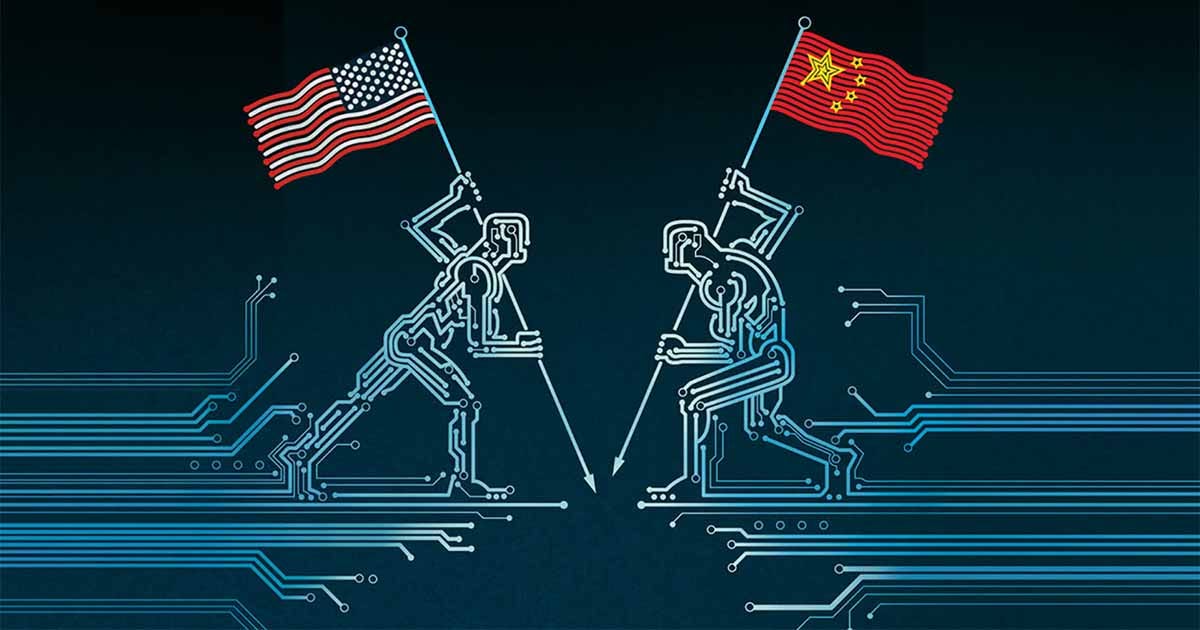To Counter China, Large American Companies Are Calling on the State to Come to the Rescue.
Better coordination between the public and private sectors is needed.
In the United States, the time is ripe for the return of the planning state, and it's a former Google boss who says so. “The United States could lose the competition if dramatic steps are not taken across a broad range of public policies to invest in America's technological advantages, strengthen the techno-industrial base, and deploy disruptive technol…
Keep reading with a 7-day free trial
Subscribe to Sylvain Saurel’s Newsletter to keep reading this post and get 7 days of free access to the full post archives.




